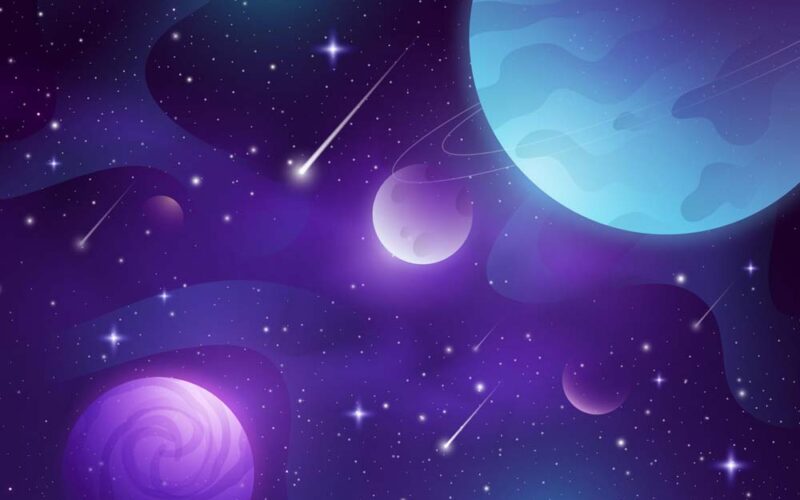You might have asked yourself questions about the existence of space once or many times in your life: Are we the only ones in the universe? How did space begin? How many galaxies are there? Can we find intelligent life out there? However, the more we think about the universe, the more questions come up in our minds, one after another, which might make us aware of our ignorance. Scientists, astronomers, and astronauts around the world are also eager to answer these questions, trying to debunk the myths of the universe by inventing advanced space robots, using the James Webb Space Telescope, and sending astronomers to space. All they have in common is the considerable curiosity towards uncertainty and the myriad possibilities of the universe.
Why we are curious
Curiosity is what has shaped current humankind. In ancient times, it might be a bolt of lightning or a raging wildfire that piqued human curiosity at first; our ancestors figured out how to start a fire which led to the invention of stone tools and then boats, spears, languages, glue, and so many other useful tools for their survival. If early humankind did not have the curiosity to explore, learn, discover a bolt of lightning or wildfire, humans would not reign at the top of the food chain. Thus, curiosity was important for human survival at that time, although it is not necessarily vital for our survival in today’s society (Britannica’s Curiosity Compass. n.d.).
Information seeking is intertwined with curiosity. In the animal kingdom, creatures, from apes to tiny insects, look for information about their surroundings in order to survive. However, information seeking itself does not qualify as curiosity; the types of motivations in information seeking matter. Seeking knowledge with external motivation, such as school or compulsory jobs, does not qualify as curiosity. However, seeking knowledge with an internal motivation – for example, just wanting to know the answer – qualifies as curiosity. For instance, in human history, the first flute was made because of the internal motivation to make an instrument that could generate beautiful sounds (Britannica’s Curiosity Compass. n.d.).
Why we are intrigued by the universe
Since ancient times, humans have been intrigued by stars; people named constellations and created stories about the heroes, animals, and gods represented in the stars. Early humans perceived stars as essential items that could navigate them through Earth, which might have piqued their curiosity towards the universe. In addition, they described stars as eternal, hope, destiny, heaven, and liberty, leading us into believing that the falling stars can make our wishes come true. Consequently, people might find knowing about stars and the universe interesting.
NASA invented a car-sized Mars rover named ‘Curiosity,’ which explored the Gale crater on Mars. The name was given by Clara Ma, a sixth-grade student. She said, “Curiosity is an everlasting flame that burns in everyone’s mind. It makes me get out of bed in the morning and wonder what surprises life will throw at me that day.” “Curiosity is such a powerful force. Without it, we wouldn’t be who we are today” (www.nasa.gov. n.d.)”
References
Britannica’s Curiosity Compass. (n.d.). Britannica’s Curiosity Compass: The Science of Curiosity. [online] Available at: https://curiosity.britannica.com/science-of-curiosity.html.
www.nasa.gov. (n.d.). NASA – NASA Selects Student’s Entry as New Mars Rover Name. [online] Available at: https://www.nasa.gov/mission_pages/msl/msl-20090527.html [Accessed 14 Jan. 2022].
